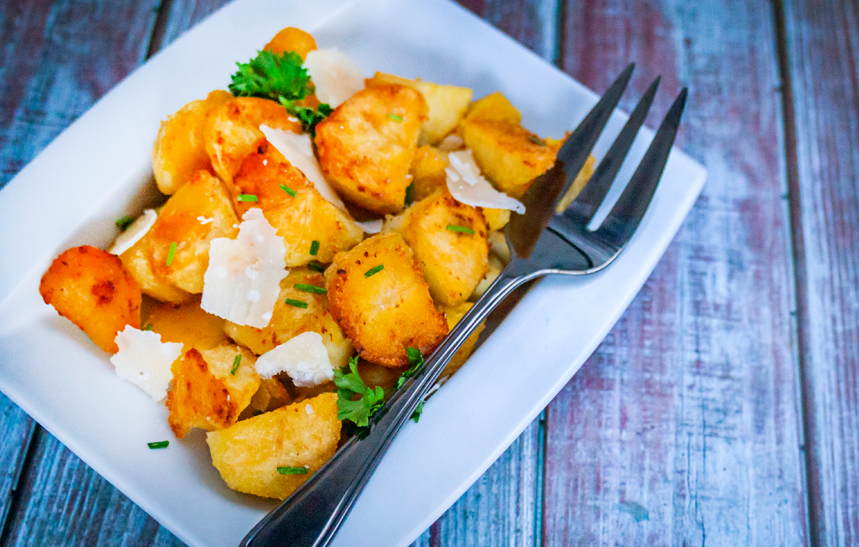THE BASICS OF ACIDS & BASES
To understand the science behind how this works, you need to understand what is happening at a molecular level when you use baking powder. To start, all things are acidic, basic, or neutral. To measure how acidic or basic something is, we use a scale of 0 to 14 measured in pH. A pH level of 7 means that the substance is neutral. The lower the number, the more acidic it is, the higher the number, the more basic that substance is.
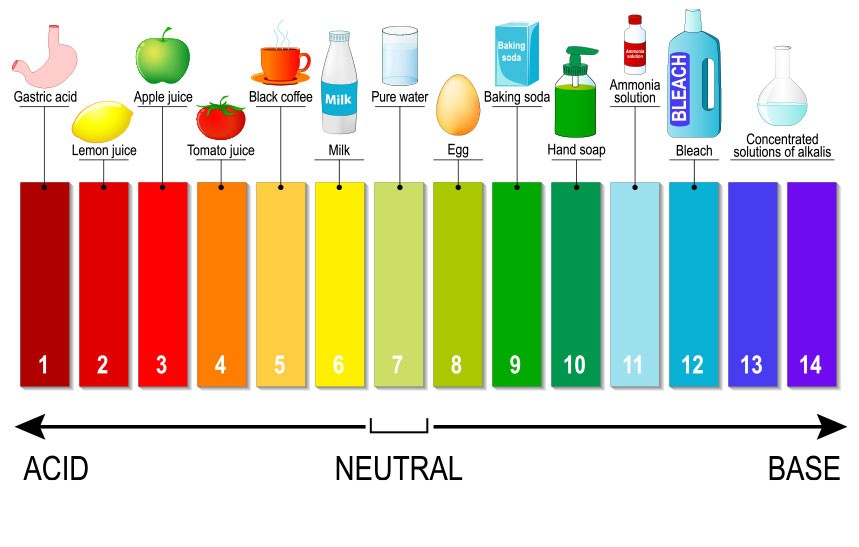
ACIDS
Acids are a substance that can give away their hydrogen ions to another substance. They are characterized by a sour taste, in terms of food, vinegar, and citrus juices are great examples of acidic substances, Apples, pineapples, and strawberries are some good examples of acidic foods.
BASES
Something that is a base will accept a hydrogen ion from acids and tend to have a bitter taste. Pepper, curry, and ginger are examples of bases seen in the culinary world. Baking soda is another ingredient that has a high pH. When base substances are dissolved in water, they produce something called an alkaline solution.
BAKING POWDER
What is baking powder and what does it do? Baking powder is a dry chemical leavener made from a mixture of bicarbonate of soda (alkali) also known as baking soda, cream of tartar (acid), and cornstarch or rice flour (which absorbs moisture).
Leaveners make carbon dioxide bubbles to help baked foods rise or make textures lighter in baked goods. This can be achieved through chemical, natural, or mechanical means.
When baking powder is mixed into a liquid, the chemical reaction of acid and alkali creates carbon dioxide within the mixture causing the batter or dough to begin expanding immediately. While being baked, the other ingredients will solidify forming a structure around the carbon dioxide bubbles producing lift and lightness. The cornstarch or rice flour is there to prevent the soda and tartar from clumping together or reacting while still in the package by absorbing the moisture that is in the air.
Baking soda is just the bicarbonate of soda alone. It requires an acid to activate it. Recipes that ask for baking soda will likely contain an acid like buttermilk or vinegar. Baking soda also helps things to brown better since the Maillard reaction happens easier when things are alkaline or basic – less acidic. Recipes that request both baking soda and powder, do this to retain the tang of the acidic ingredient. Using one alone will neutralize the tangy flavor the acidic ingredient would provide, like buttermilk in pancakes.
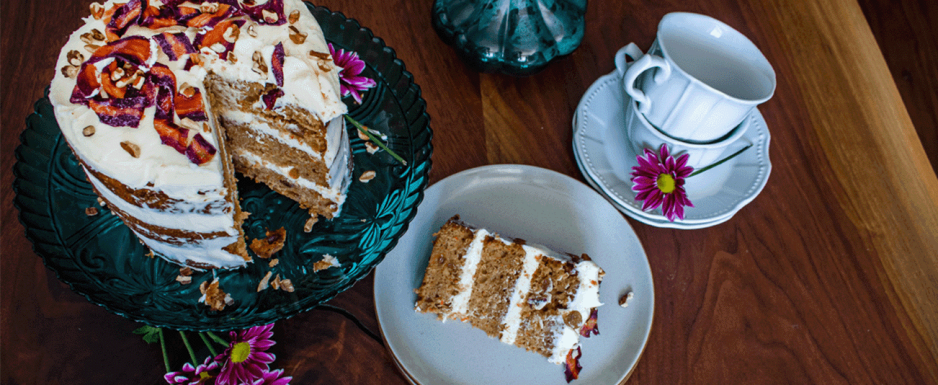
WHAT DOES THIS HAVE TO DO WITH BARBECUE?
That’s some incredible science right there. But what does all of that have to do with barbecue or meat? While baking powder and baking soda are integral to bringing life to baked goods, baking powder can be a fantastic tool when cooking on the barbecue too.
Bicarb of soda changes the protein structure in meat and does amazing things to the skin of poultry and pork. It raises the pH level on the surface of meat making it less acidic. Lower acidity facilitates the Maillard reaction for better browning altogether.
The above said to use baking powder, then it switched to saying soda. Good catch! Baking soda, also known as bicarbonate of soda, is only the base substance. It does not contain the acid and drying agents as well. That means that baking soda will leave a very distinctive and bitter flavor on the foods you use it, thus only allowing you to use a very little amount. This is why you can and should use baking powder over soda in most cases.
The above said to use baking powder, then it switched to saying soda. Good catch! Baking soda, also known as bicarbonate of soda, is only the base substance. It does not contain the acid and drying agents as well. That means that baking soda will leave a very distinctive and bitter flavor on the foods you use it, thus only allowing you to use a very little amount. This is why you can and should use baking powder over soda in most cases.
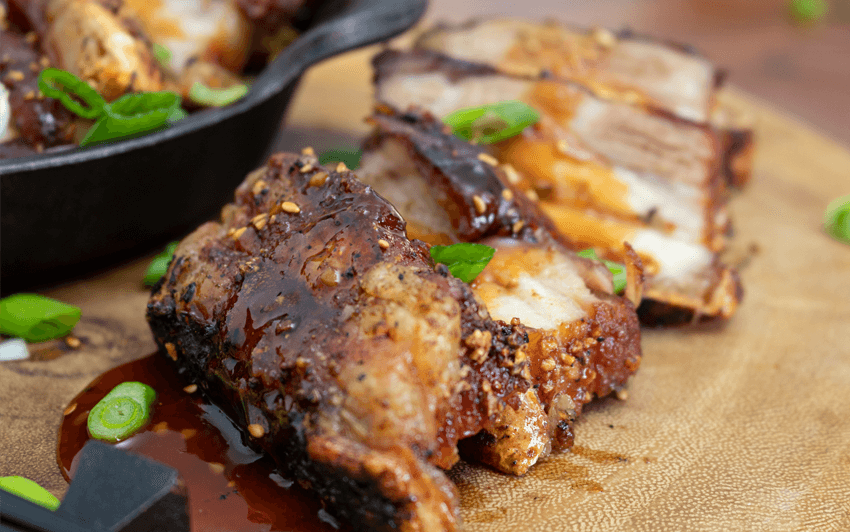
EASY CRISPY ASIAN PORK BELLY
Need a change of pace? Want a colorful meal that is so jam-packed with flavor, you can’t get over it? This recipe for Easy Crispy Asian Pork Belly is just the ticket! Easy to make, beyond gratifying, this Asian-inspired Barbecued meal will leave you in a satiated stupor of deliciousness.
FOR BEST RESULTS
Use a ratio of 1 part baking powder to 3 parts salt, plus any seasonings like pepper and garlic powder. Then, allow the food to dry between 8 and 24 hours, on a rack in the fridge, before cooking. Technically this is known as a dry brine. This is most effective on foods with skin on like poultry or cuts of pork like shoulder and belly. It will leave an aftertaste on whole meats like steaks, chicken breasts, and chops.
POULTRY SKIN
For glassy, shatteringly, savory skin, pull it away from the meat on a whole bird. Also, use a cooking method that allows for the heat to circulate around the whole bird as well as allowing the fat to drain away so that your poultry isn’t sitting in any liquid. A rotisserie or a raised rack is perfect for this.
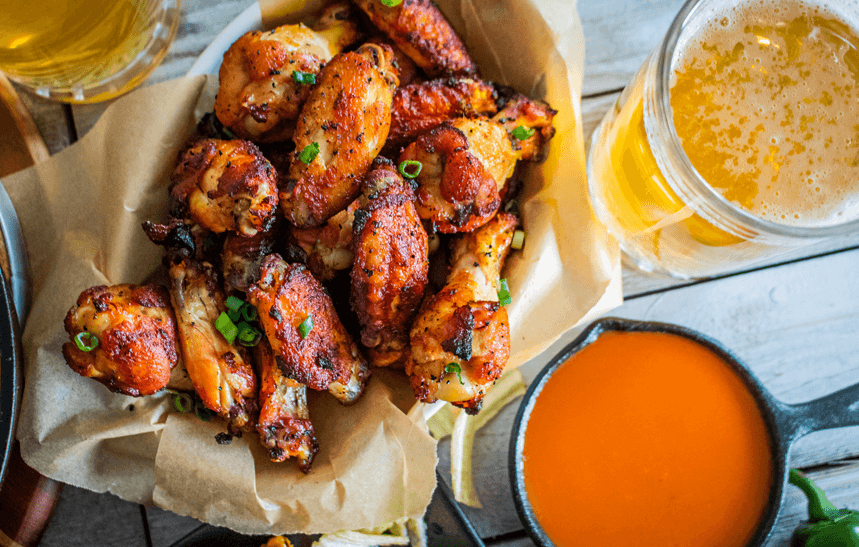
ULTIMATE GAME NIGHT BARBECUE PARTY SPREAD
Dry rubbed ranch wings with a buffalo dip, easy batch cheeseburger sliders, and a delightful jalapeno dip that is cheesy and perfect for veg, chips, and pretzels.
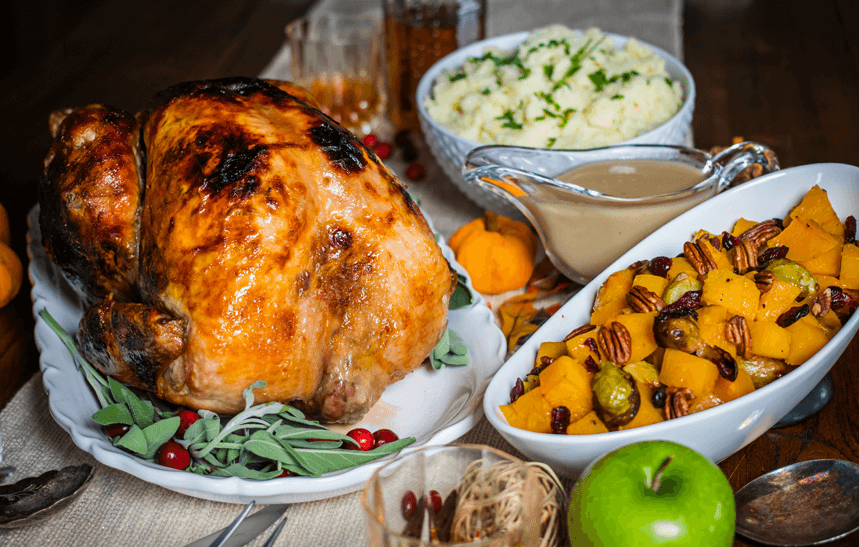
BOURBON AND MAPLE GLAZED TURKEY HOLIDAY RECIPE
Make a Bourbon and Maple Glazed Turkey and amaze your guests with crisp skin and flavorful meat that pairs perfectly with all of the fixings.
CRISPY PORK
Whole pork shoulders or pork belly roasts can be magical when treated right. Poke the skin with a needle or knife without breaking through the meat too far. Then dust with salt and baking powder and allow to dry overnight. The next day, when you cook, the skin will puff and crisp up in ways you only imagined before.
WHAT IS DRY BRINING?
Dry brining is when you salt food and allow it to rest for an amount of time before cooking. Dry brining uses the meat’s own moisture as the liquid element for the brine. The benefits of this process include dry surfaces for easier browning as well as precise seasoning and flavors.
FANTASTIC FRIED CHICKEN
When making fried chicken, season the flour mixture with salt and add a teaspoon or two of baking powder. When you dip the chicken pieces into the liquid and then coat in flour, it works magic, creating a crispy coating that hides a delightful and delicious inside. The salt brings moisture to the surface helping it to evaporate while the acid from the liquid dip you used, be it egg or buttermilk, will cause carbon dioxide bubbles that form the crunchy surface you love to bite through.
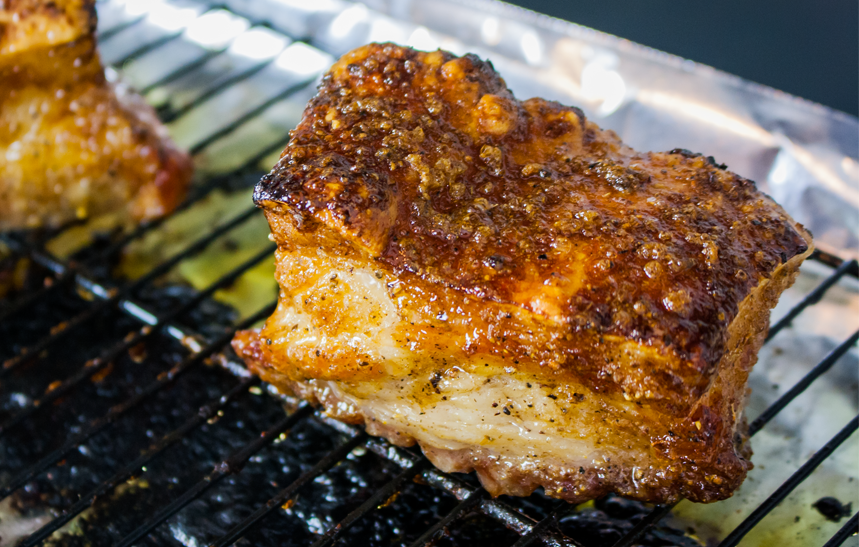
GRILLED PORK BELLY RECIPE
Crispy on the outside, and tender on the inside, succulent pork belly is the star of this dish. It has been seasoned to perfection with a simple mixture, then slow-roasted to perfection.
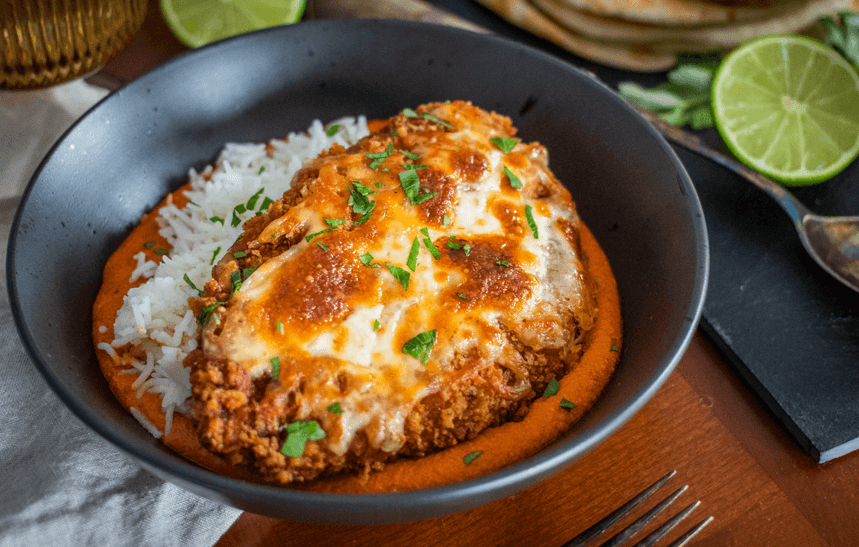
BUTTER CHICKEN PARMESAN
You have the delightful tomato-based sauce that is creamy and tangy, paired with beautifully marinated chicken coated in a crisp crust of breading and topped with gooey and melty cheese. Serve this meal over rice or pasta for a different take on your favorite Italian or Indian dinner.
WHEN TO USE BAKING SODA
Baking soda is a powerhouse when it comes to usefulness. Whether you are cooking, baking, or cleaning, baking soda should never be far from reach.
VELVETING
One such case where baking soda would be used over powder is the process of velveting. Velveting is a technique that will tenderize thin slices or small chunks of meat in a short time. Baking soda can be dusted over the meat like beef slices or chicken chunks and left to sit for about 15 minutes before being rinsed off. You can also dissolve the soda in water and soak the meat. You will want a ratio of ¼ tsp. of soda to 1 lb. (454 g) of meat. After velveting, you will want to rinse in cold water and pat the meat dry. This is ideal for meats that will be stir-fried with fragrant spices and sauces.
BEST ROASTED POTATOES EVER
Want to make the best, most crispy, roasted potatoes in your life? Baking soda will do that for you. The secret is to cook the potatoes in 8 cups (2 qt) of water with 5 tsp. of baking soda and a healthy dose of salt. The baking soda breaks down the pectin in the potatoes causing the cells to leach starch. When fried, that starch becomes crispier for the best roasted potatoes you will ever make.
Adding baking powder to your batter lifts it, making your baked goods light and airy. Or baking powder in a rub for crispier skin on your next roast bird. How have you used baking powder in your barbecuing recipes? Share your surprising uses for baking powder, recipes, and photos with us on our social pages, like Facebook and Tiktok, using the hashtags #NapoleonEats and #NapoleonGrills.
